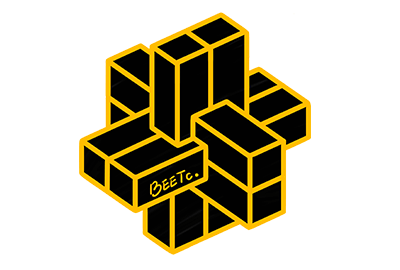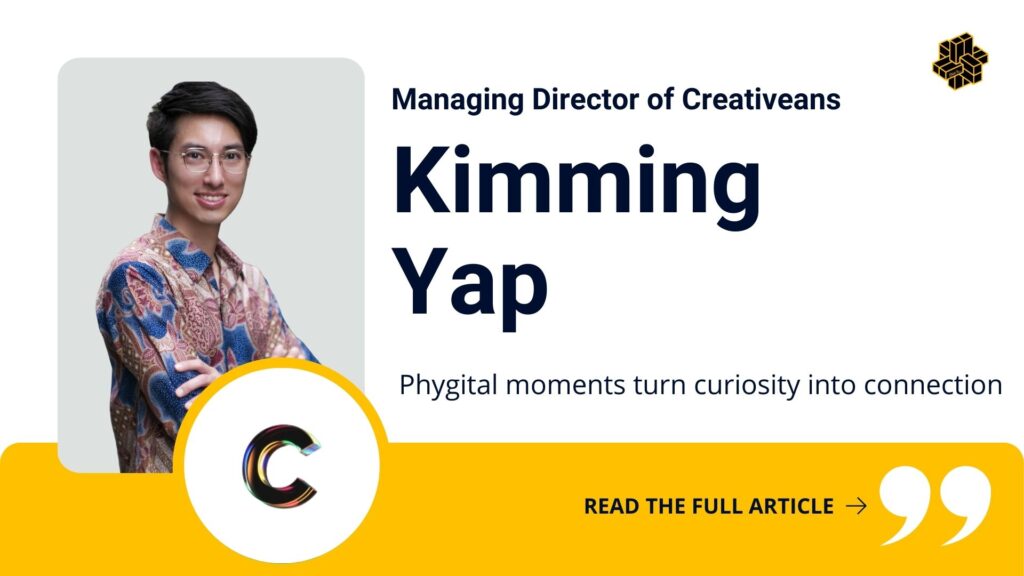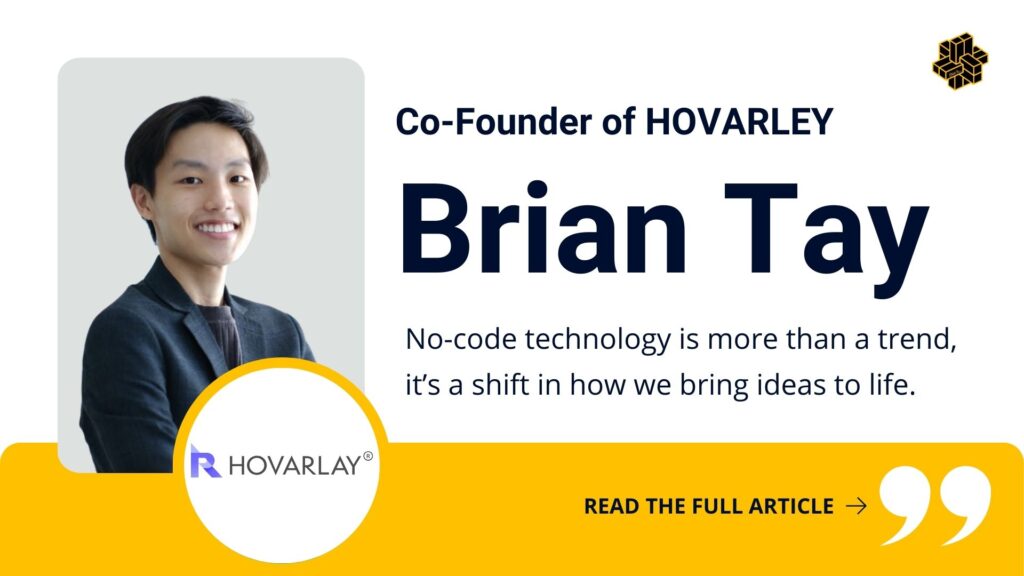What are the key priorities for a MarTech stack optimisation strategy to achieve?
– Improve marketing efficiency.
What would your company use AI the most for?
– Develop data-led marketing campaigns.
What are the major roadblocks in trialling the new innovations in marketing technologies?
– Integration.
How important is data in making marketing decisions and engaging customers?
– Very important – I always leverage data 100% of the time.
What is the one marketing platform / app / solution you can’t live without? Why?
– Definitely SEMrush. Connect GA & GSC to it and you are good to go. As a digital marketer, it’s good to have the data at your fingertips and the tool certainly provides everything that is required. Web, SEO, PPC, Social Media & Content analysis tools are in plenty. Also, it helps identify trends within the industry niche as well as great competitor benchmarking which is a key aspect to develop any digital strategy.
How do you see the skillsets needed for the marketing profession changing?
– Other than the general skillsets such as communication, leadership, creativity, etc, the new skill sets that are needed definitely would be data analysis & analytics along with adaptability. Trends & technology change so quickly right now & without having the willingness to adapt, embrace technology and having an affinity for learning, you are going to be left behind very quickly.
With the recent developments and incorporation of technology, should we still perceive marketing as a social science?
– Marketing is a social science and how much technology evolves or how much technology is integrated into it does not change the fact that it is focused on consumer psychology, sociology, finance, economics, philosophy & anthropology. What technology does is to analyse and help decision making faster, reliable & more dynamic. In short, opens up a whole new area of behavioral analytics in Marketing.
What is the best use of technology you have seen during this time of crisis?
– Video conferencing without a doubt. The beauty is that by being forced for the organizations to adapt to this change, we all understood how much time is saved and the convenience it brought which in the end made us more productive as well. Sometimes change is difficult, and a lot of people are susceptible to change & the biggest changes sometimes come when circumstances force it.
With the advancement of AR & VR, how do you see these being utilised in digital storytelling?
– Working in the hospitality industry in the Maldives, there is a huge challenge how to differentiate yourself from the rest as every single property has beautiful green lush vegetation, white sandy beaches, clear blue skies, and turquoise blue lagoons. Due to this digital storytelling comes to the forefront of our marketing. For us, we have already adopted VR for our sales & marketing efforts with virtual tours available on websites as well as these tours being used for product orientation and digital FAM trips with our partners & operators. Also, we are going more paperless thus using VR headsets to showcase the properties for our sales teams to give a more immersive experience as well. AR has not caught up in hospitality as much as VR, but I believe shortly we would start to see more creative uses for AR especially post covid due to contactless options becoming mainstream for travellers.













